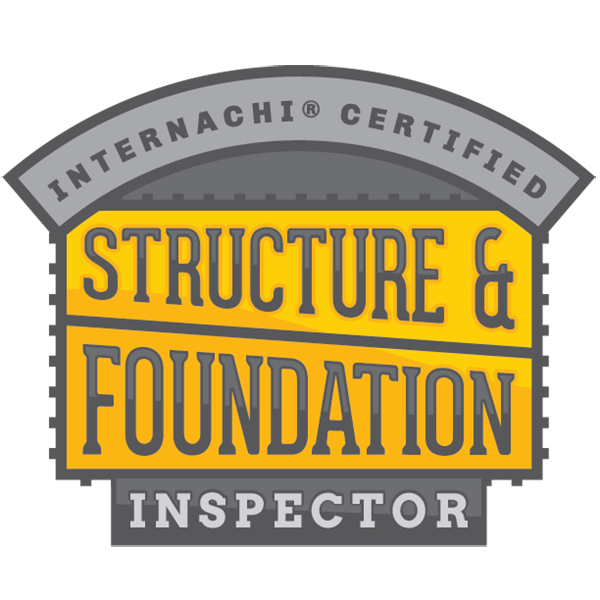How are REO’s different from other residential real estate listings?
In real estate, an REO, which stands for Real Estate Owned, is a property that is owned by the lender. This lender is often a bank, or sometimes a government agency. A house is possessed by the lender if the homeowner defaults on their mortgage. To make up the loss, the lender tries to sell the house, and it becomes an REO if it is not sold in a foreclosure auction. With the current climate of real estate, it’s likely that more REO listings are going to hit the market. Buying a bank-owned home is different than other property purchases, so the purpose of this post is to help explain the unique features of REO real estate.
Things Home Buyers Should Know About REO Listings
REO’s are cheaper, but may need more work
A homeowner who is selling a house will have taken good care of the home and will keep it in great condition in order to sell it. However, REO’s are usually sold in “as-in” condition. They are not being taken care of lovingly by the bank, and they may have been neglected for months. The buyers’ formula should be:
(A) Sales Price + (B) Anticipated Expense of Repairs/Upgrades = (C) Desired Value Home
Inspections for REO Properties
With an REO listing, the seller will typically not negotiate after they accept an offer. And while you as the buyer have the right to request a home inspection, the seller will not usually pay for it, nor are they obligated to fix anything found in the inspection. There is a contractual time frame given for the inspection to be done, and if there is something found in the inspection that is a deal-breaker, the buyer has the right to back out and get back their deposit if they do so within this timeframe.
Other unique features of buying a bank-owned home
REO’s are not subject to property disclosure forms because the bank/lender does not have any information from the previous homeowner.
The buyer must have proof that they are approved for a loan for the home, before making an offer. A pre-approval letter from a lender or proof of funds statement from a bank will work, although check with the REO broker if there are any other requirements needed before making an offer.
Hiring a real estate agent with experience in REO properties who can guide you through the process is one way to avoid any headaches. Other valuable information can be found here: Buying a Bank-Owned Property (REO). While the process of buying an REO listing differs from traditional home buying, buying an REO can be a way to save money, especially if you’re willing to put in a little sweat equity to make the house a home.








